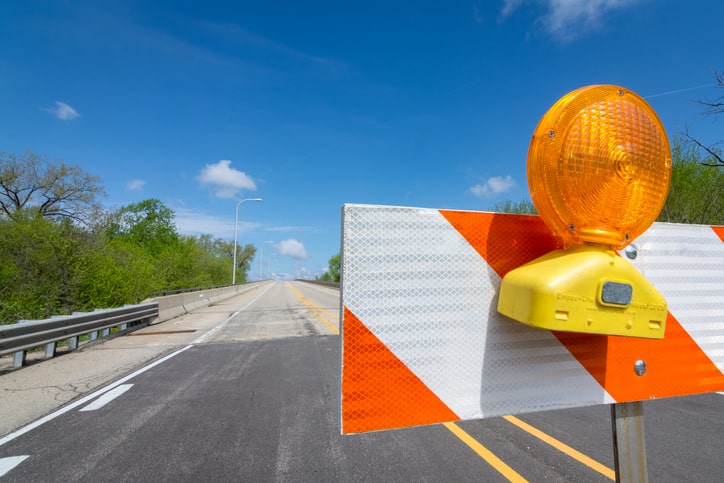Table of Contents
ToggleThe Insurance Institute for Highway Safety (IIHS), a trusted authority in vehicle safety, is introducing a new rating program. This initiative encourages automakers to enhance the safety features of partial driving automation systems, thereby ensuring a safer driving experience for all.
Partial driving automation systems, or Level 2 systems, use cameras and sensors to relieve Texas drivers of some of the responsibility of operating the vehicle. Some examples of partial driving automation systems include adaptive cruise control, lane-keep assistance, automated lane changing, blind spot detection, and collision avoidance systems.
The idea behind these systems is to make vehicles smarter to help drivers avoid collisions.
Regrettably, IIHS has found that these systems do not meet their intended purpose. Of the 14 systems rigorously tested, only one earned an acceptable rating. This is a cause for concern, as two were rated marginal, and 11 were rated poor, indicating significant room for improvement.
Our Houston personal injury attorneys have explored whether crash avoidance technology has kept drivers safer in the past. Here, we delve into why the IIHS believes it requires more updates and research.
Why the IIHS is Encouraging Automakers to Incorporate More Robust Safeguards into Partial Driving Automation
IIHS describes partial driving automation as having significant shortcomings that vary from system to system. IIHS Senior Research Scientist Alexandra Mueller, who led the development of the new program, stated, “Many vehicles lack the ability to adequately monitor whether the driver is looking at the road or prepared to take control. They also lack attention reminders that come soon enough and are forceful enough to rouse a driver whose mind is wandering. Furthermore, many can be used despite occupants being unbelted or when other vital safety features are switched off.”
IIHS evaluated partial automation systems from BMW, Ford, General Motors, Genesis, Lexus, Mercedes-Benz, Nissan, Tesla, and Volvo.
IIHS President David Harkey emphasizes the need for improvement, stating, “While some drivers may find partial automation helpful for long drives, there is little evidence it enhances safety. These systems must include adequate measures to prevent misuse and keep drivers focused on the road. This underscores the potential for future advancements in vehicle safety.”
In short, IIHS believes drivers rely too heavily on technology, causing them to lose focus on driving. When they do, specific vehicle systems do very little to help them regain their focus before it is too late. This can be counterproductive to the systems’ purpose, causing more accidents than the systems avoid because the drivers aren’t fully prepared to retake control of their vehicles.
Which Vehicle Models Tested Poorly?
Scores are awarded based on a battery of tests conducted over multiple trials, and some performance areas are weighted more heavily than others.
The ratings only apply to the specific models tested, even though systems with the same names may be used on multiple vehicles from the same manufacturer.
- The GMC Sierra and Nissan Ariya are available with partial automation systems that earn marginal ratings.
- The LS and Ariya each offer an alternative system that earns a poor rating.
- The Ford Mustang Mach-E, Genesis G90, Mercedes-Benz C-Class sedan, Tesla Model 3, and Volvo S90 also earn poor ratings, sometimes for having more than one partial automation version.
The Teammate system available on the Lexus LS is the only system tested that earns an acceptable rating.
The new IIHS ratings aim to encourage safeguards that can help reduce intentional misuse and prolonged attention lapses and discourage specific design characteristics that increase risk in other ways—such as systems that can be operated when automatic emergency braking (AEB) is turned off or seat belts are unbuckled. IIHS expects improvements to be rapid.
If you have been injured in an accident caused by a driver negligently using their partial driving automation systems, contact our dedicated Houston auto accident lawyers at the Hollingsworth Law Firm today for a free case evaluation.
Call (713)-637-4560 or contact us online.
Our skilled bilingual personal injury lawyers and support staff represent clients throughout Texas on a contingency basis, so you never pay any legal fees unless we win your case.
If you are ready to fight for the compensation you deserve, so are we. Let us take the lead.











